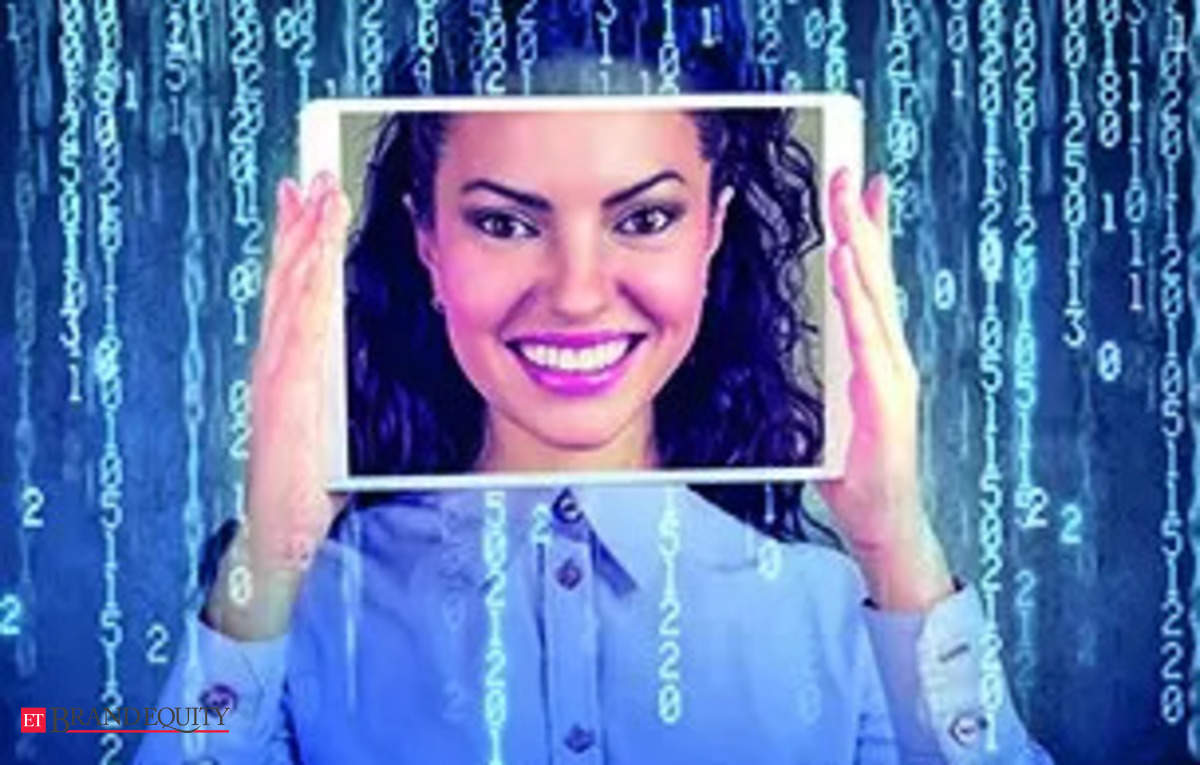Representative image
“/>Representative imageWhen disinformation researcher Wen-Ping Liu looked into China’s efforts to influence Taiwan’s recent election using fake social media accounts, something unusual stood out about the most successful profiles. They were female, or at least that’s what they appeared to be. Fake profiles that claimed to be women got more engagement, more eyeballs and more influence than supposedly male accounts. “Pretending to be a female is the easiest way to get credibility,” said Liu, an investigator with Taiwan’s ministry of justice.
Whether it’s Chinese or Russian propaganda agencies, online scammers or AI chatbots, it pays to be female – proving that while technology may grow more and more sophisticated, the human brain remains surprisingly easy to hack thanks in part to age-old gender stereotypes that have migrated from the real world to the virtual. “You want to inject some emotion and warmth and a very easy way to do that is to pick a woman’s face and voice,” said Sylvie Borau, an online researcher in Toulouse, France, whose work has found that internet users prefer “female” bots and see them as more human than “male” versions. People tend to see women as warmer, less threatening and more agreeable than men, Borau said. Men, meanwhile, are often perceived to be hostile. Because of this many people may be, consciously or unconsciously, more willing to engage with a fake account that poses as female.
When OpenAI CEO Sam Altman was searching for a new voice for the ChatGPT AI programme, he approached Scarlett Johansson, who said Altman told her that users would find her voice – which served as the eponymous voice assistant in the movie “Her” – “comforting”. Johansson declined Altman’s request and threatened to sue when the company went with what she called an “eerily similar” voice. OpenAI put the new voice on hold.
Feminine profile pictures, particularly ones showing women with flawless skin, lush lips and wide eyes in revealing outfits, can be another online lure for many men. Female social media profiles receive on average more than three times the views compared to those of males, according to an analysis of over 40,000 profiles. Female profiles that claim to be younger get the most views, it found.
A report from the UN suggested there’s an even more obvious reason why so many fake accounts and chatbots are female: they were created by men. It said greater diversity in programming and AI development could lead to fewer sexist stereotypes embedded in their products.
- Published On Jun 14, 2024 at 03:22 PM IST
Join the community of 2M+ industry professionals
Subscribe to our newsletter to get latest insights & analysis.
Download ETBrandEquity App
- Get Realtime updates
- Save your favourite articles
![]()
![]()
Scan to download App





